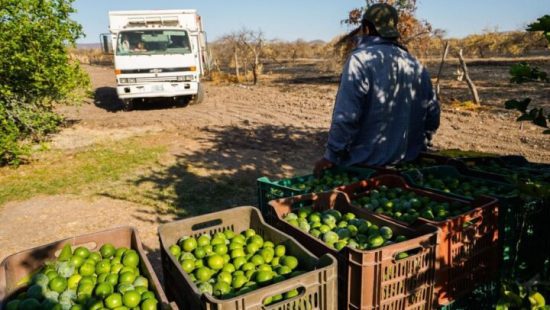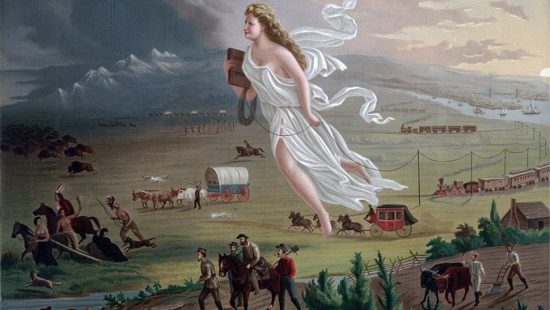Los Angeles boosts street vendors protections through city grants and new state legislation, but federal crackdowns threaten immigrant entrepreneurs.
As of 2025, the street vending industry remains a cornerstone of Los Angeles’ informal economy, generating an estimated $500 million annually (as of the last estimates) and sustaining over 5,000 jobs throughout the region. With more than 50,000 street vendors—including 10,000 focused on food —these micro-entrepreneurs not only feed a hungry city but also keep local supply chains alive.
This figures have most likely change since the new administration took over and their immigration policies spew fear, discouraging some street vendors from going out and make a living.
These vendors are a part of daily life in L.A., especially in Latino communities, where they represent both cultural identity and economic resilience. Their ripple effect drives demand for local goods, supports suppliers and service providers, and contributes valuable tax revenue. Yet, despite their massive impact, street vendors have long operated in legal gray zones, vulnerable to enforcement crackdowns and systemic barriers.
In a major step forward, the Los Angeles City Council in early 2024 voted unanimously to lift restrictions on vending in key tourist and pedestrian-heavy zones, including the Hollywood Walk of Fame and Dodger Stadium. These were once off-limits, pushing vendors into low-traffic areas and limiting their earning potential.
In addition, L.A. County launched the Small Business Mobility Fund in March 2025, offering up to $5,000 in grants to help street vendors cover the high costs of permits, equipment compliance, and business operations. These changes signal growing recognition from city leaders of the vital role vendors play—not just as small business owners, but as cultural ambassadors and economic drivers.
This policy shift is due in no small part to the tireless work of advocates and Latino elected officials. State Senator María Elena Durazo, a longtime labor and immigrant rights champion, has been at the forefront of the fight for vendor protections. This Month, she introduced SB 635 and SB 580, two critical pieces of legislation aimed at shielding street vendors from unjust enforcement and aligning local laws with California’s immigrant-inclusive values.
- SB 635 prohibits the sharing of street vendor’s personal information with immigration authorities.
- SB 580 ensures that places like schools, hospitals and state offices follow updated guidelines to avoid improperly cooperation with ICE.
“These vendors are hardworking entrepreneurs who are doing everything they can to support their families,” said Senator Durazo in a statement. “We owe them the same dignity and protection as any other small business.”
While local and state policies have trended toward greater inclusion, the national political climate has taken a sharp turn under the new presidential administration. Recent federal immigration policies threatens increased enforcement actions, revived cooperation with local law enforcement, and rolled back protections for undocumented workers.
For thousands of immigrant street vendors—many of whom are undocumented or mixed-status—this means daily work now carries new risks. A single citation, even for something as minor as lacking a permit, could potentially expose someone to immigration enforcement.
This climate makes continued local and state action even more urgent. Street vendors not only deserve protection as small business owners, but as community members who have kept the city’s cultural and economic fabric intact through pandemics, recessions, and displacement.
As Los Angeles continues to reimagine its streetscape, the support of city leaders, county departments, and state lawmakers is essential to ensuring that street vendors are not left behind. SB 635 and SB 580 represent bold steps toward justice—but advocates warn that enforcement, outreach, and continued investment will be key to turning legislation into real change on the ground.
From the sidewalks of Boyle Heights to the boardwalk of Venice Beach, street vendors are more than just a part of the L.A. economy—they are the beating heart of its neighborhoods. Ensuring their protection isn’t just smart policy—it’s a moral obligation.








